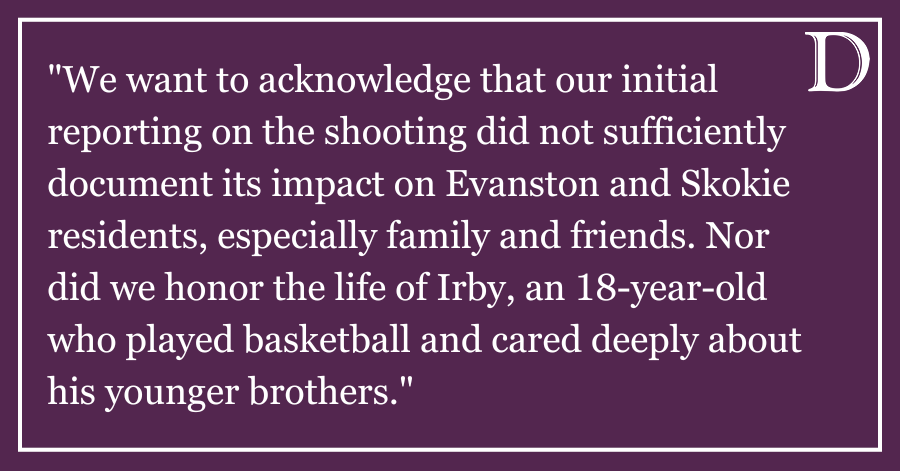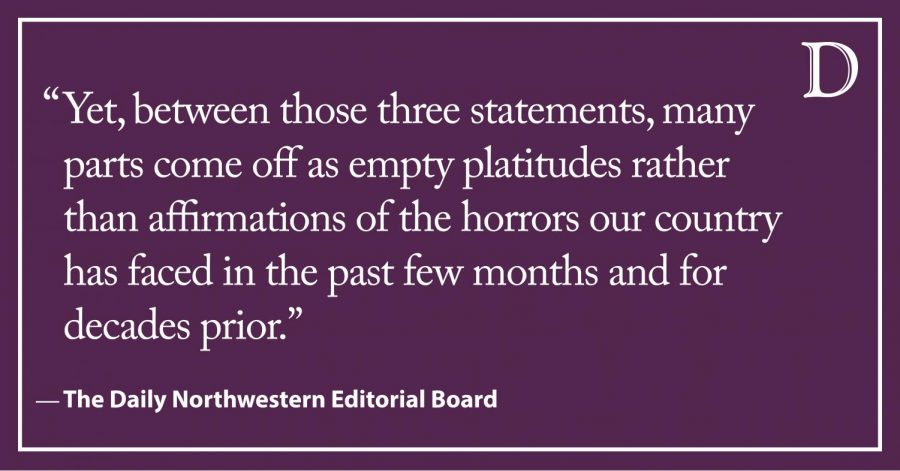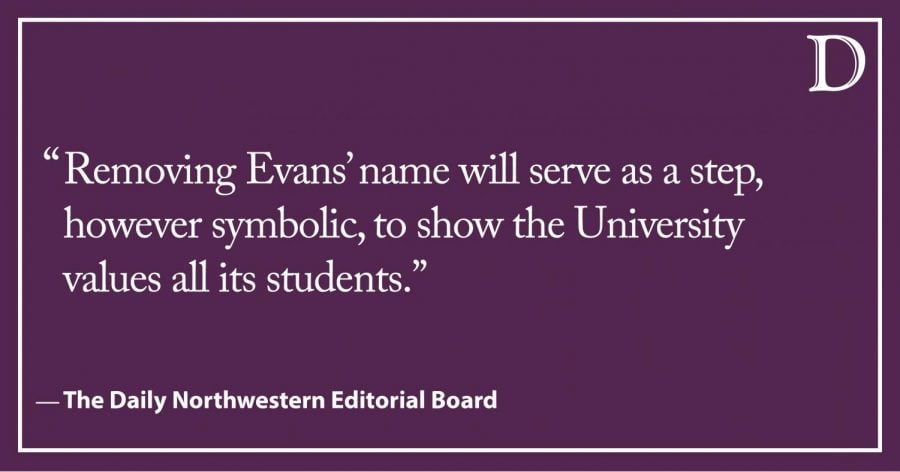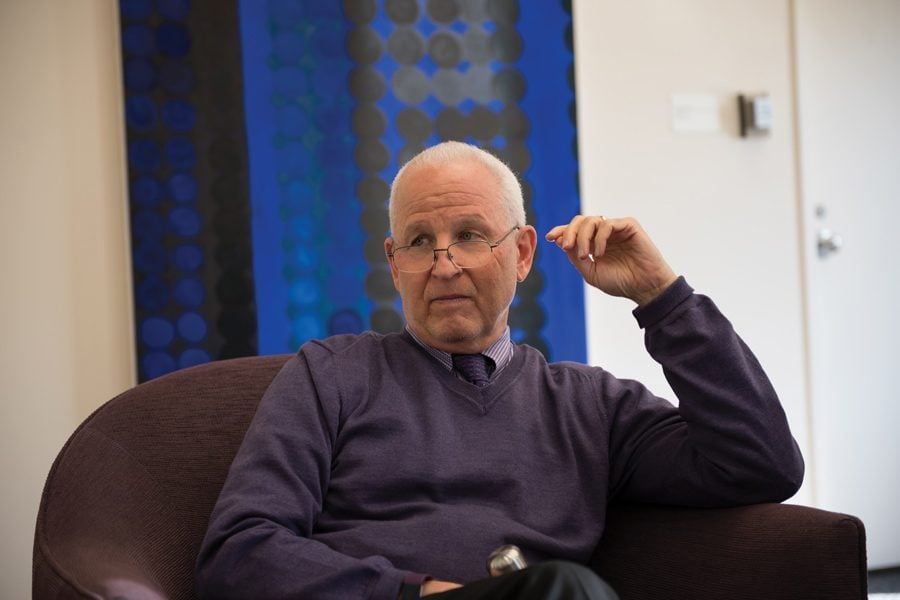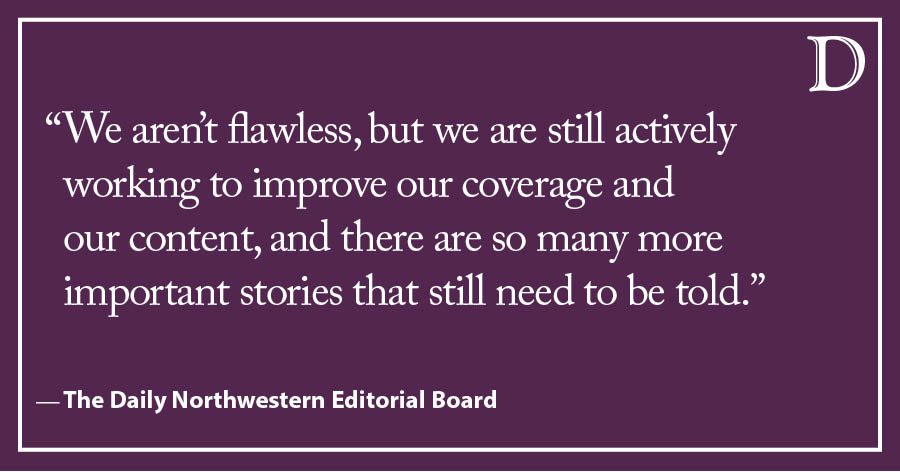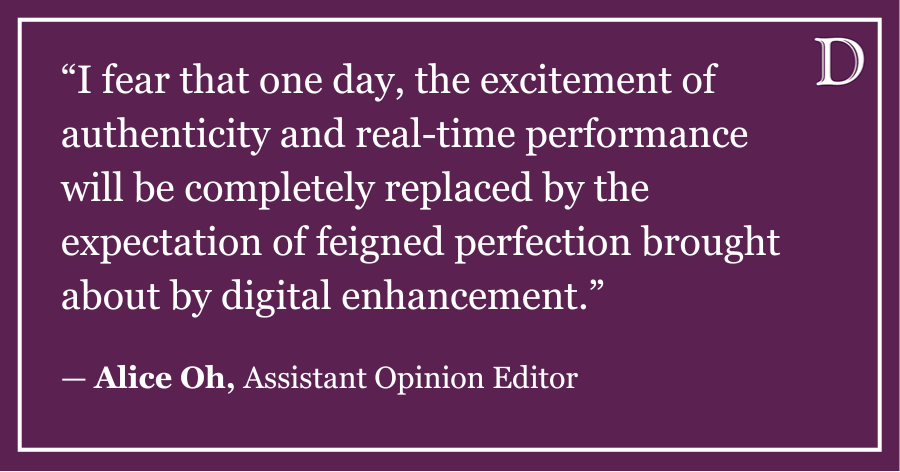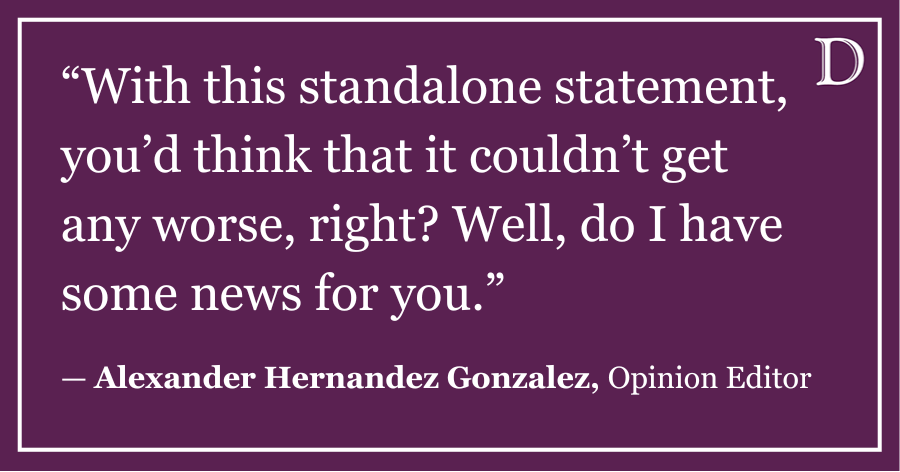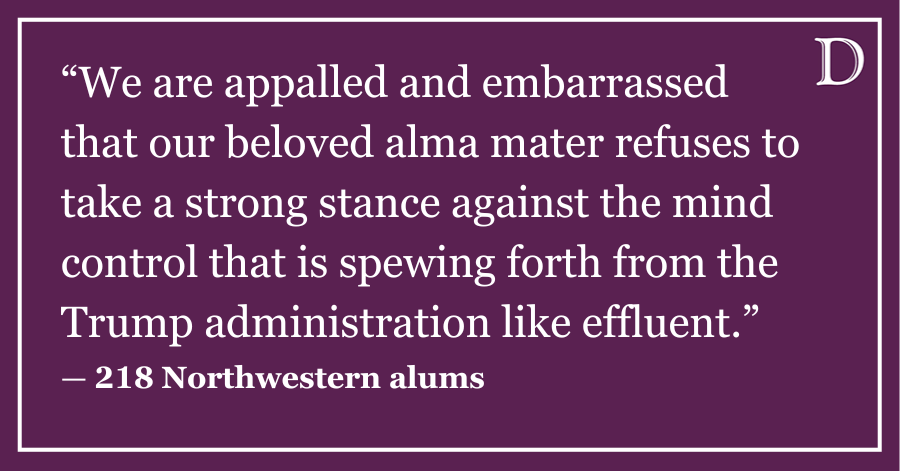So far, we have refrained from weighing in on the University’s decision to disaffiliate from Rabbi Dov Hillel Klein and the Tannenbaum Chabad House. Since the story broke, we have received numerous letters and columns reflecting on the situation. These students and community members have exclusively argued against the University’s decision, while administrators have stood by their decision and declined to comment further because of pending legal action filed by the Lubavitch-Chabad of Illinois.
NU’s decision may have been warranted. The lack of transparency with which officials have presented it is not.
Both sides have been unequivocal on this issue. Rabbi Klein, in his initial email to the Northwestern community, said he was “confident” the University’s decision would be reversed. In an interview with The Daily last week, President Morton Schapiro called it the “right decision.”
This contrast indicates several things to us, chief among them the failure of the two sides to negotiate a reasonable resolution before the University’s decision was made. We do not know the details of the events of this summer, in large part because of the lawsuit. But it is difficult to imagine that if there were fair and open negotiations, Chabad would have felt the need to go outside the University system and take this dispute to federal court.
All indications are that Klein is willing to place the existence of Chabad at NU above his serving of alcohol. If he was equally willing to do so when Patricia Telles-Irvin, vice president for student affairs, approached him this summer, then there is no reason the disaffiliation should have happened. If he was not willing and the University stands by its decision, it is unfair to the many people who built and relied on that community for NU to withhold information about why that decision was made.
We understand that the University does not owe the community an explanation every time there is a change of personnel or dispute with a campus organization, but officials should have predicted, given Klein’s legacy and stature on campus, that this decision would be met with significant backlash. Alcohol has been served at Chabad for many years, and many are asking, “Why disaffiliate now?”
None of this is meant to excuse Klein’s actions. An adult who serves as a role model on campus should not be violating University alcohol policy or even putting himself in a situation where the policy is trivialized or an administrator could view it as being ignored. Even if, as Klein claims, the policy does not explicitly ban the serving of alcohol for religious observances, he should not have been serving alcohol to minors. We defer to Telles-Irvin’s expertise and body of work when it comes to deterring underage drinking on college campuses.
But the numerous letters we have received have demonstrated the strength of the community that Rabbi Klein has built during his 27 years on campus. It is a community that bridges gaps between NU and Evanston, students and alumni, Jews and non-Jews. This community deserves a better explanation than the one it has gotten.
This editorial reflects the opinion of the following members of The Daily’s editorial board: Marshall Cohen, Michele Corriston, Joseph Diebold, Susan Du, Paulina Firozi, Mariam Gomaa, Kaitlyn Jakola, Tom Meyer and Patrick Svitek.

